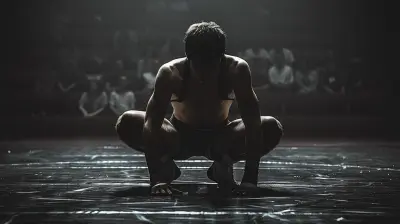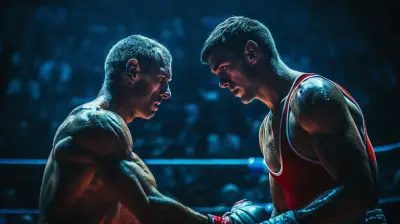The Legacy of Jackie Robinson: How He Changed Baseball Forever
21 July 2025
When you think about baseball legends, names like Babe Ruth, Hank Aaron, or Willie Mays probably come to mind. But no conversation about the sport’s history is truly complete without talking about Jackie Robinson. Not just because of his incredible talent on the field, but because of what he stood for—courage, discipline, and change. Jackie Robinson didn’t just play baseball; he redefined it.
So, how did one man change an entire sport—and become a symbol for something far greater? Let’s dive into the legacy of Jackie Robinson and uncover how he forever changed the game, both on and off the diamond.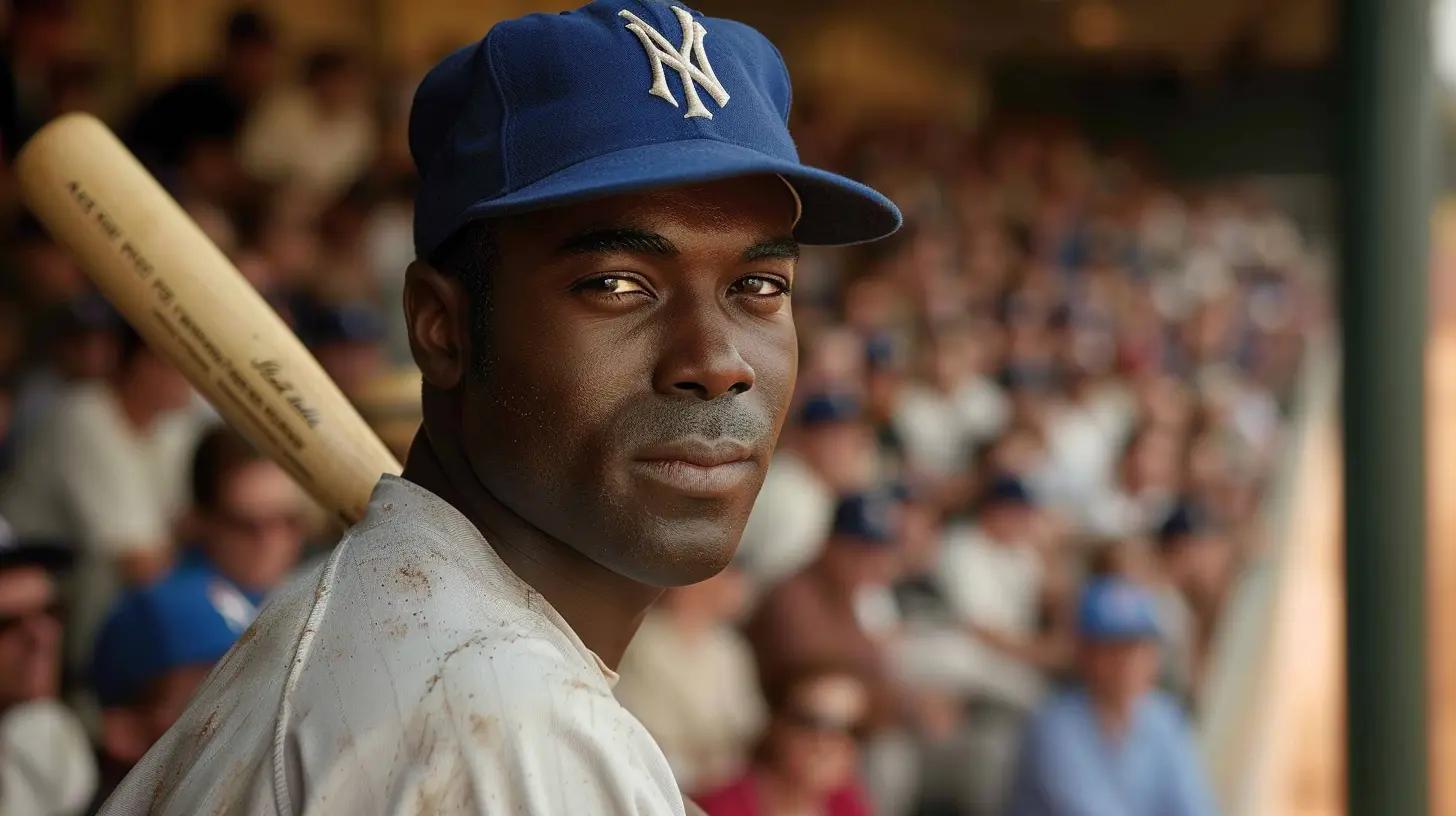
Breaking the Baseball Color Barrier
Before 1947, Major League Baseball was segregated. That meant Black players were barred from playing alongside white players in the major leagues. Instead, African American athletes showcased their skills in the Negro Leagues, which, while vibrant and competitive, weren’t given the attention or respect they deserved.Enter Jackie Robinson.
On April 15, 1947, Robinson made history by stepping onto Ebbets Field as the first Black player in Major League Baseball’s modern era, suiting up for the Brooklyn Dodgers. This wasn’t just a game—it was a statement. It was a challenge to a system of segregation that had defined the sport (and American life) for too long.
And Jackie? He didn’t just show up—he excelled.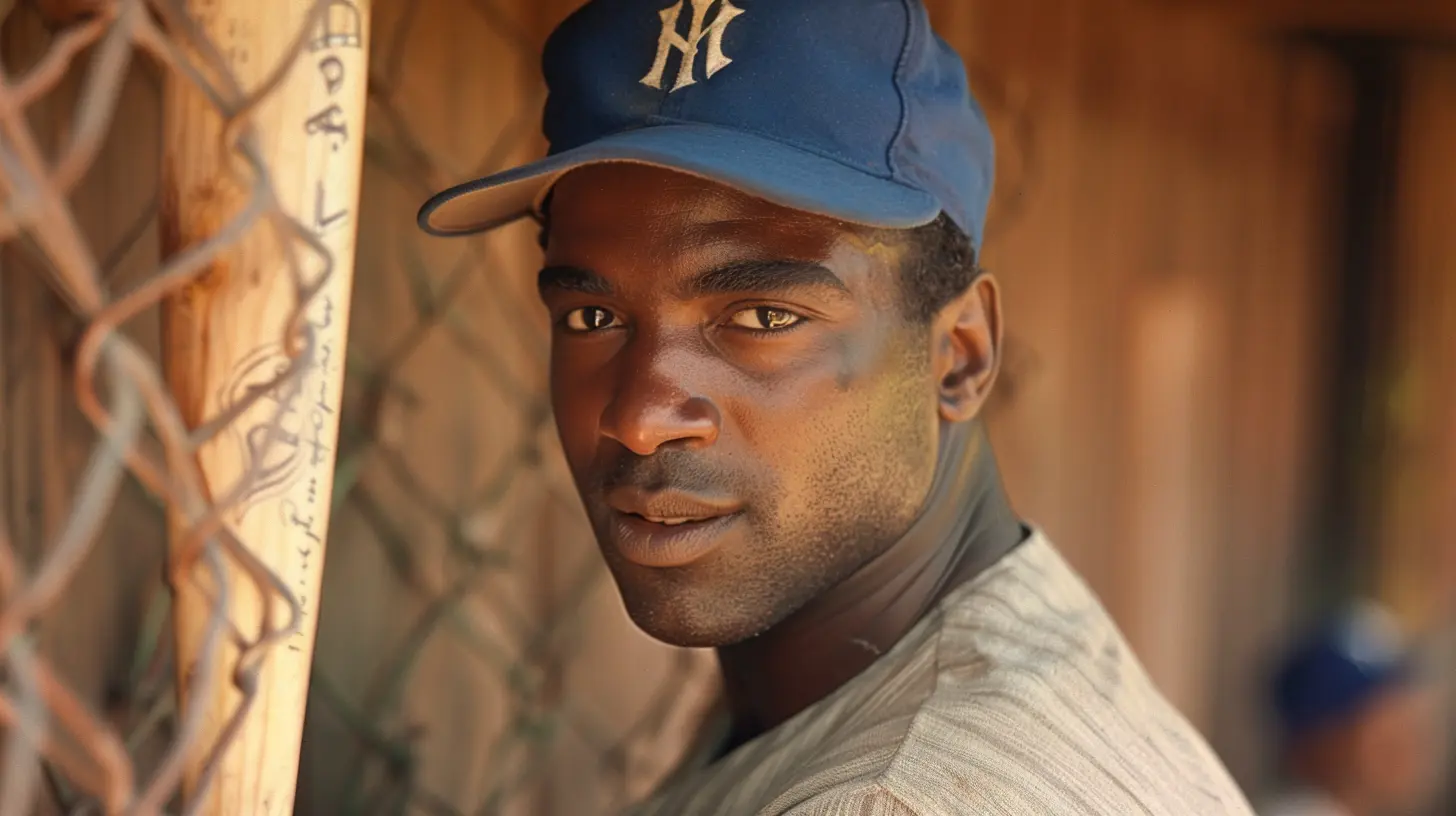
Why Jackie? The Man Behind the Number 42
Ever wonder why Jackie Robinson was chosen for this historic role? Branch Rickey, the Dodgers executive, was determined to integrate baseball—but he needed more than just a brilliant athlete. He needed someone with the strength to endure the racial slurs, death threats, and relentless pressure.Robinson fit the bill.
A former UCLA athlete who played multiple sports, Jackie had served in the U.S. Army and had already shown he could stand up to injustice. Rickey famously told him, “I'm looking for a ballplayer with guts enough not to fight back.”
And that’s exactly what Jackie brought to the table—grit, grace, and guts.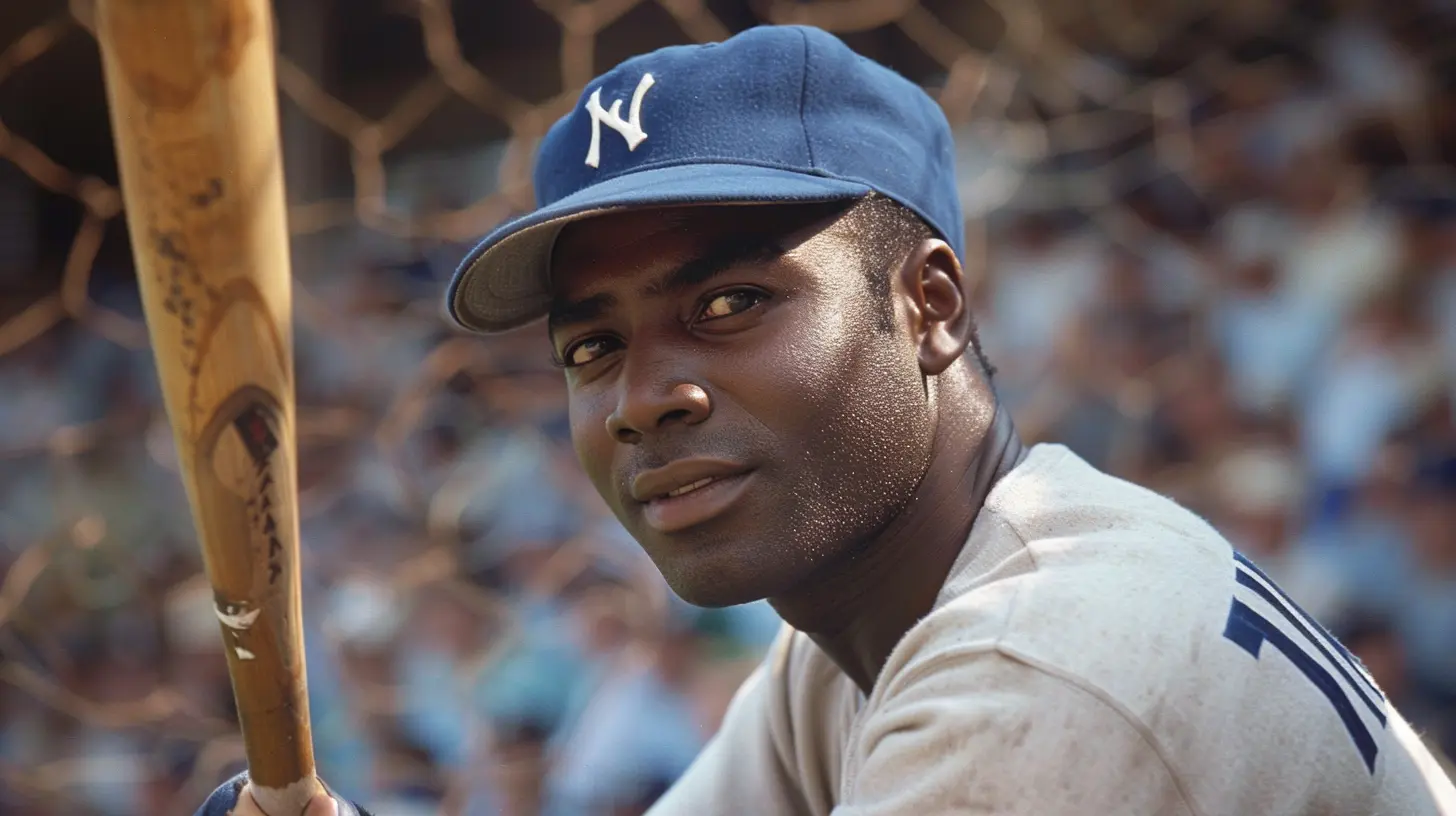
Facing the Storm With Dignity and Grit
Imagine stepping into a stadium filled with fans who didn’t want you there. Umpires giving you a harder time. Teammates unsure whether to accept you. That was Jackie’s reality.But he didn’t lash out.
He let his talent speak volumes—hitting, stealing bases, turning double plays—while keeping his composure under intense scrutiny. His ability to “turn the other cheek” wasn’t weakness; it was strategy. And it worked.
By keeping his cool, he made it harder for critics to justify their hate. He didn’t just win games—he won hearts and minds. Slowly, he began to change opinions, starting in baseball and rippling into society at large.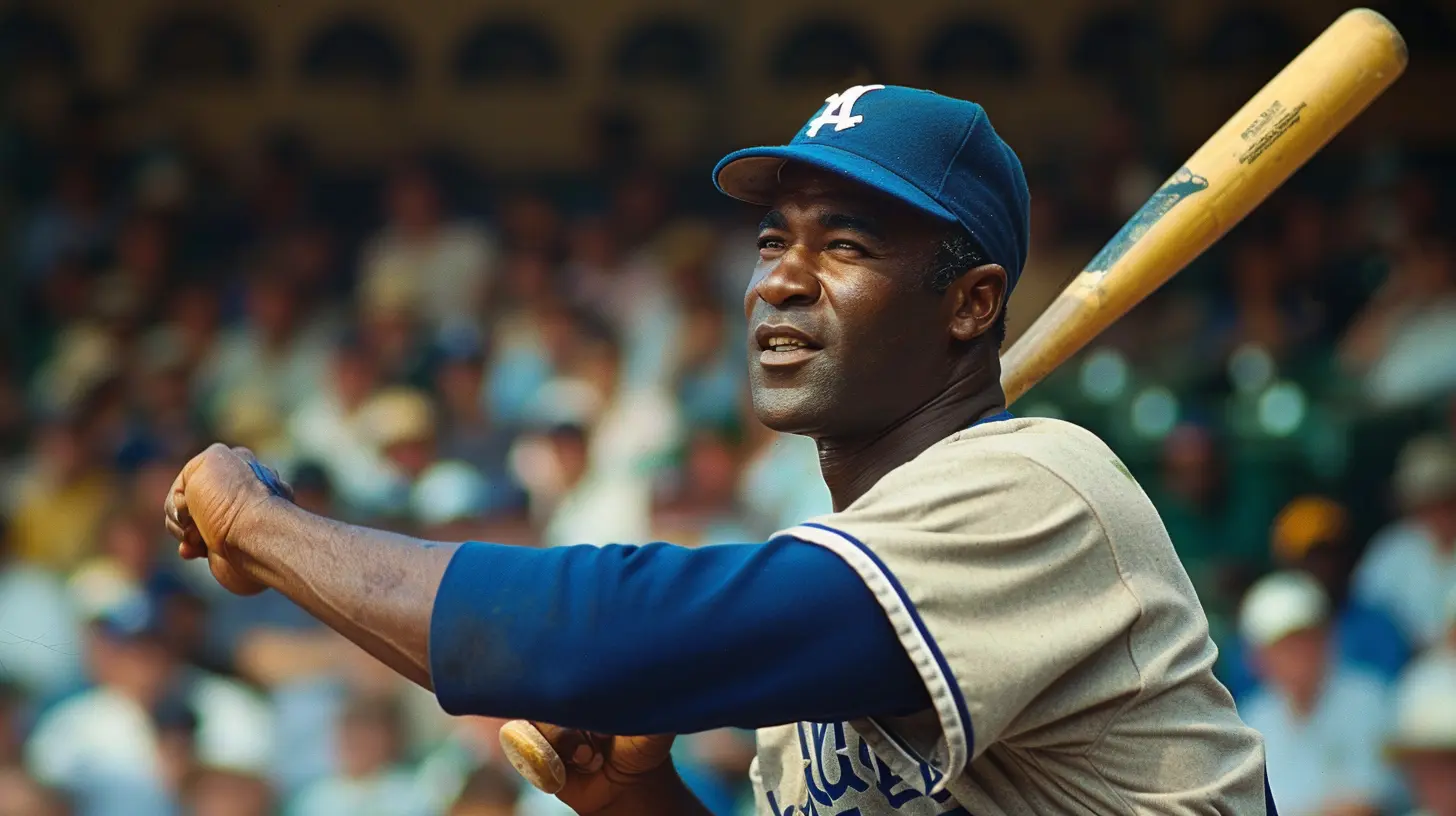
Jackie’s Stats: Proof He Belonged
Let’s not forget—Jackie wasn’t just a symbol. He was a phenomenal athlete. In his rookie season alone, he hit .297, scored 125 runs, and stole 29 bases. Oh, and he grabbed the Rookie of the Year award. Not bad, right?Throughout his 10-year career, he was a six-time All-Star, helped lead the Dodgers to six National League pennants, and won the National League MVP in 1949. The guy could hit, run, and field with the best of them.
Numbers don’t lie—Jackie earned his place in the league through talent, not tokenism.
Changing Baseball Culture One Step at a Time
Jackie’s presence forced baseball—and America—to confront deep, uncomfortable truths about racism and inequality. Little by little, his perseverance opened the door for other Black players to join the league: legends like Willie Mays, Hank Aaron, and Ernie Banks followed right behind him.But that change didn’t stop at player integration.
As Black athletes gained recognition, fans, sportswriters, and owners had to re-evaluate long-held biases. Conversations about race began to shift, both within stadiums and in American households.
In short, Jackie Robinson turned baseball from “America’s pastime” into a platform for progress.
The Ripple Effect Beyond the Ballpark
Baseball might have been Jackie’s arena, but the impact of his presence was national. Civil rights leaders like Dr. Martin Luther King Jr. credited Robinson’s barrier-breaking debut as paving the way for future integration efforts.Think about it—before buses were boycotted and lunch counters protested, Jackie was already challenging the racist norms of public life. He gave hope and representation to a generation of African Americans who needed to see someone, anyone, breaking ceilings.
He wasn’t just a trailblazer in sports; he was a civil rights pioneer.
Jackie’s Life After Baseball
After retiring in 1956, Robinson didn’t fade quietly into the background. Instead, he became even more vocal in fighting for civil rights. He wrote letters, gave speeches, raised funds, and advised presidents.He also broke another barrier by becoming the first African American vice president of a major American corporation—Chock full o’Nuts coffee.
Jackie believed deeply in economic empowerment and education. He worked on housing projects and supported youth organizations, constantly pushing for equity and opportunity—on and off the field.
Honoring a Legend: Jackie Robinson Day
Every year on April 15, Major League Baseball does something incredibly unique: every player, coach, and umpire wears Jackie’s number—42. No name, just the number.Why?
To remind everyone that the game we love was changed forever by one man’s courage. It’s a powerful sight—stadiums filled with players all wearing 42, a symbolic tribute to unity and inclusion.
Oh, and in case you didn’t know, No. 42 is the only number retired across all MLB teams. That’s the level of respect Jackie commands.
The Legacy Lives On
Jackie Robinson isn’t just a chapter in baseball’s history books—he’s the reason the books were rewritten. His story continues to inspire athletes across all sports to stand up, speak out, and never back down from doing what’s right.Today, organizations like the Jackie Robinson Foundation carry his legacy forward by offering scholarships and leadership training to underserved students.
His widow, Rachel Robinson, has also been a tireless advocate, ensuring his story—his full, human story—continues to be told with honesty and pride.
Why Jackie Matters Now More Than Ever
You might be wondering—why does Jackie Robinson’s story still matter today?Here’s the thing: We're still wrestling with so many of the same issues—systemic racism, inequality, social justice. Jackie’s life reminds us that change is possible, that one person’s courage can spark a movement.
He didn’t just crack open a door. He kicked it off the hinges so that others could walk through.
Whether you’re an athlete, a fan, or just someone who admires resilience and character, Jackie’s journey speaks to something deep inside all of us—the desire to be treated fairly, to be respected for who we are, and to leave the world a little better than we found it.
Final Thoughts
The legacy of Jackie Robinson goes far beyond box scores and baseball cards. It's about courage under fire, discipline in the face of hate, and the power of one man to change not just a game, but a nation.Jackie Robinson taught us that breaking barriers requires more than talent—it takes toughness, humility, and an unshakeable belief in what’s right. And while the scoreboard may show wins and losses, Jackie’s greatest victory was in changing the heart of the game forever.
So the next time you hear the crack of the bat or see a player steal home, remember No. 42. Remember the man who changed everything.
all images in this post were generated using AI tools
Category:
BaseballAuthor:

Frankie Bailey
Discussion
rate this article
1 comments
Melody Collins
An inspiring tribute to a true pioneer.
August 14, 2025 at 3:32 AM

Frankie Bailey
Thank you! Jackie Robinson's impact transcends baseball and continues to inspire.
